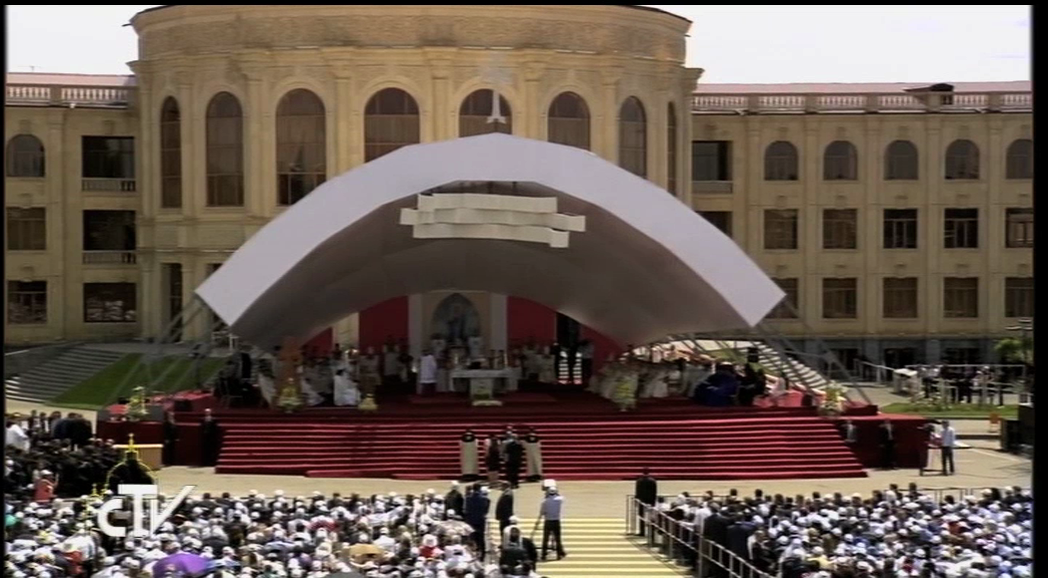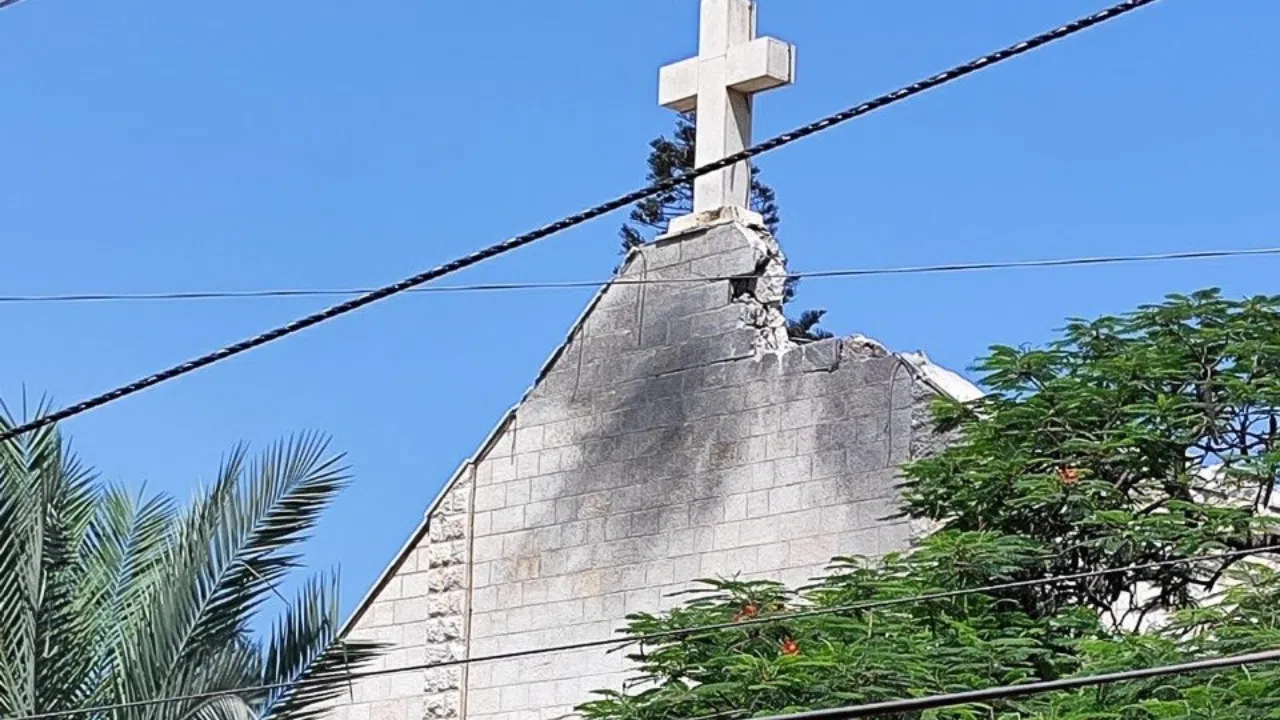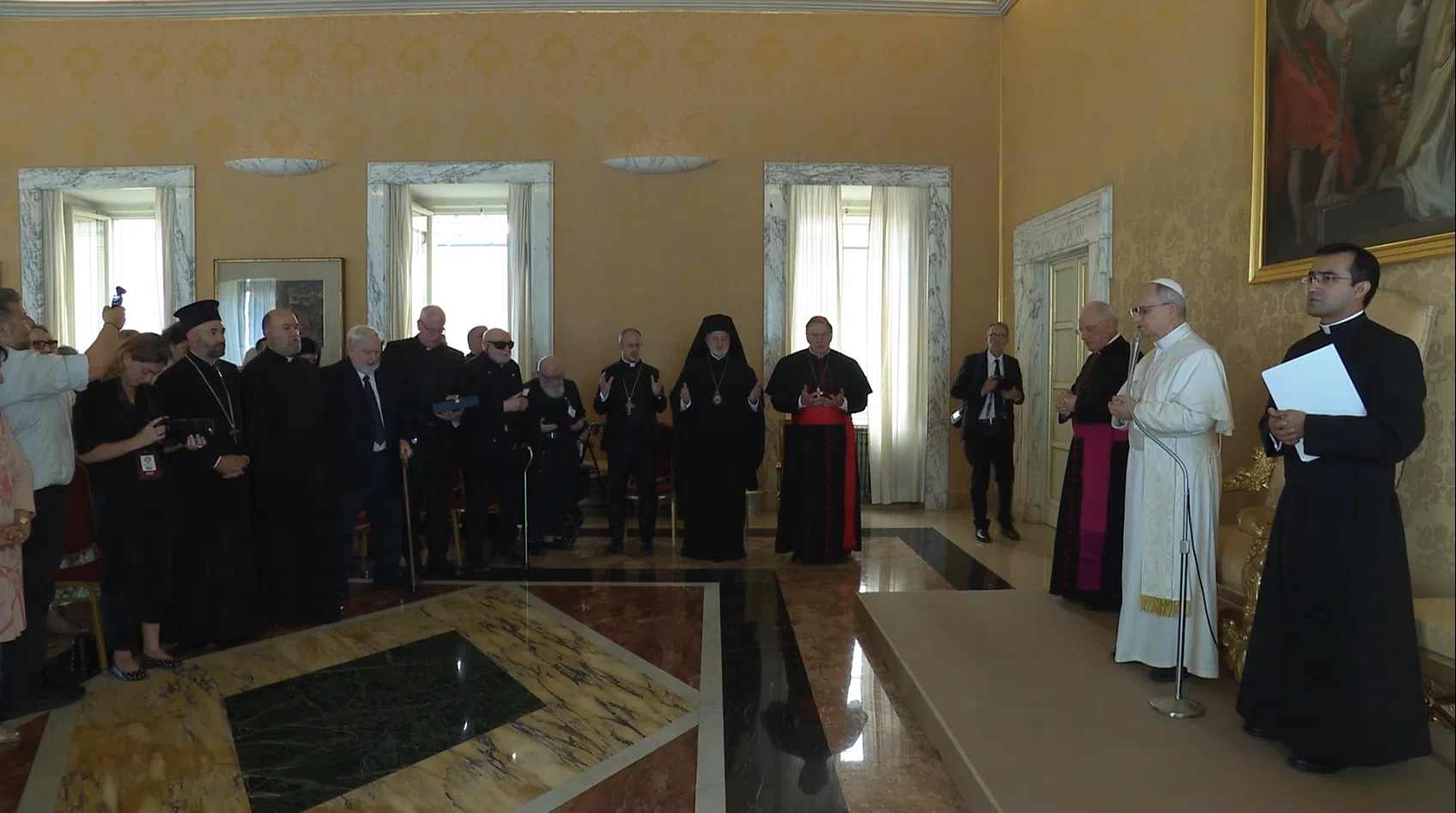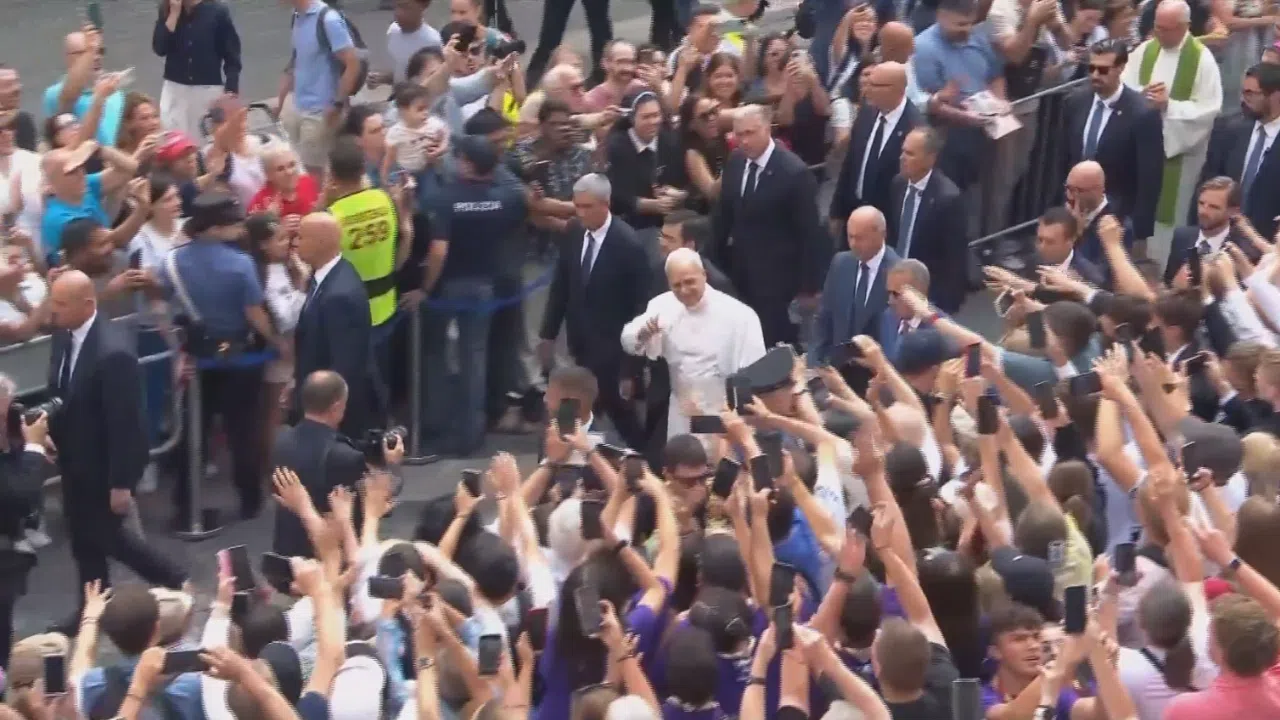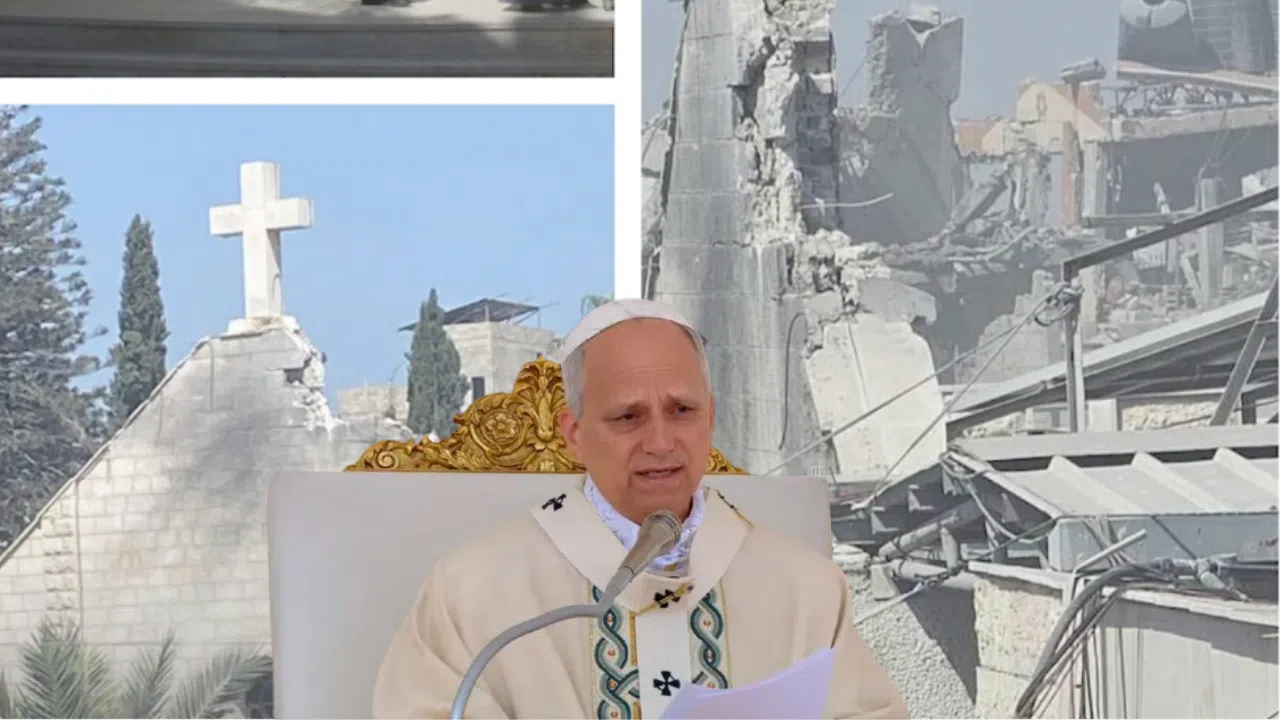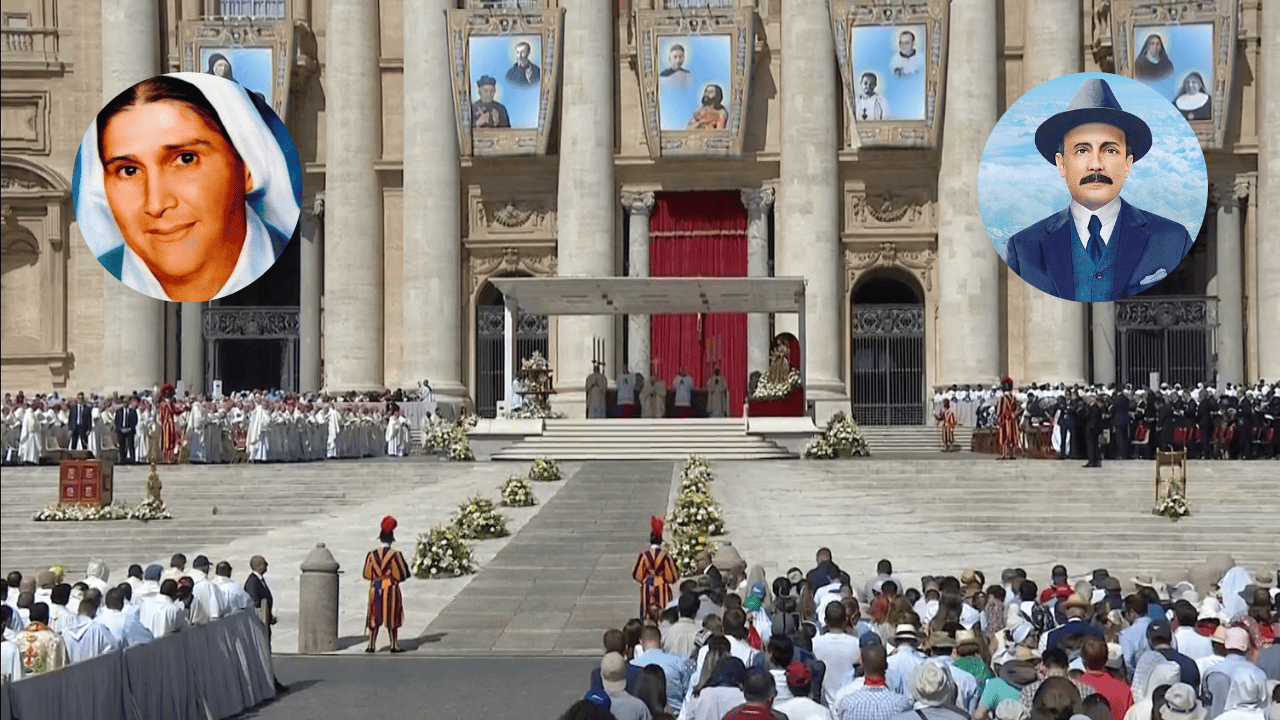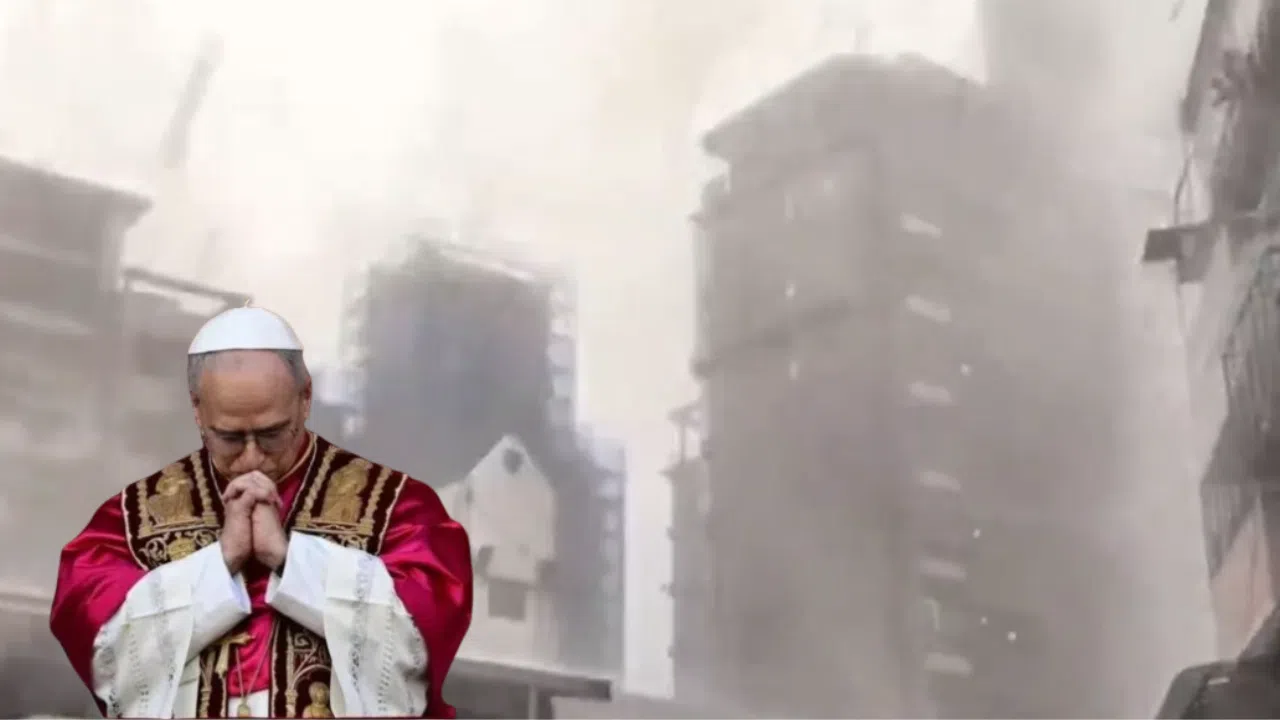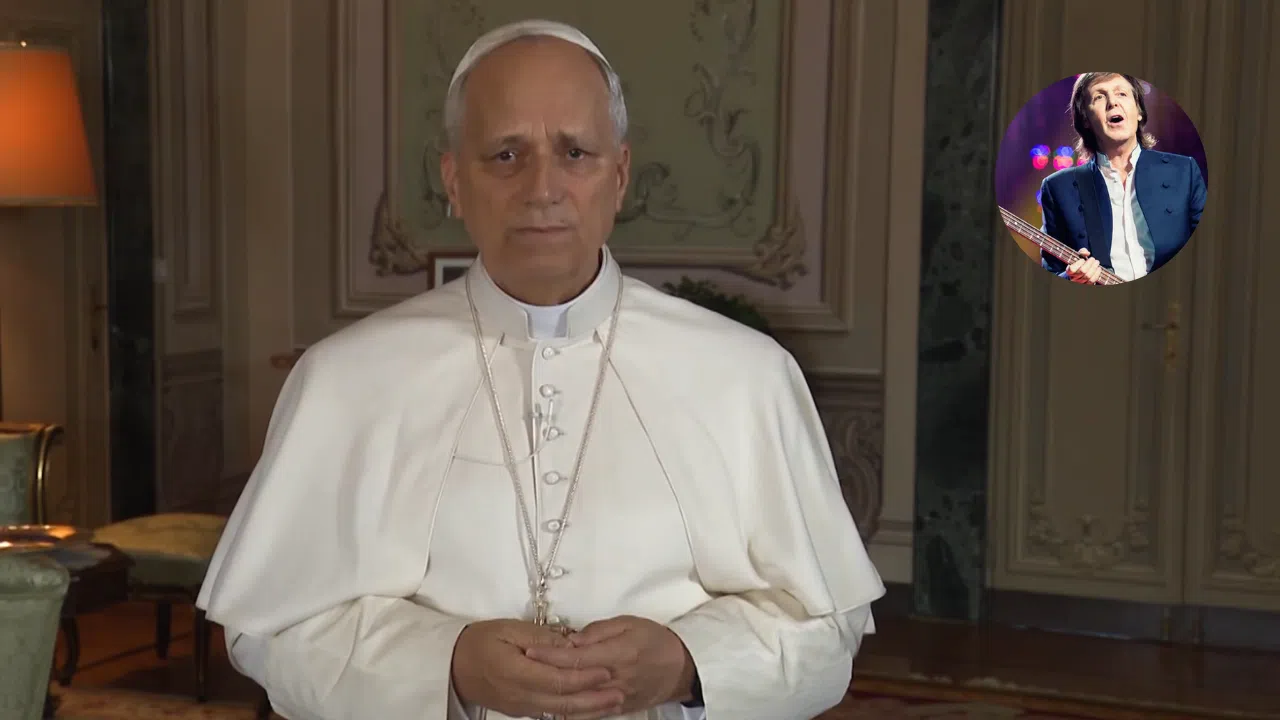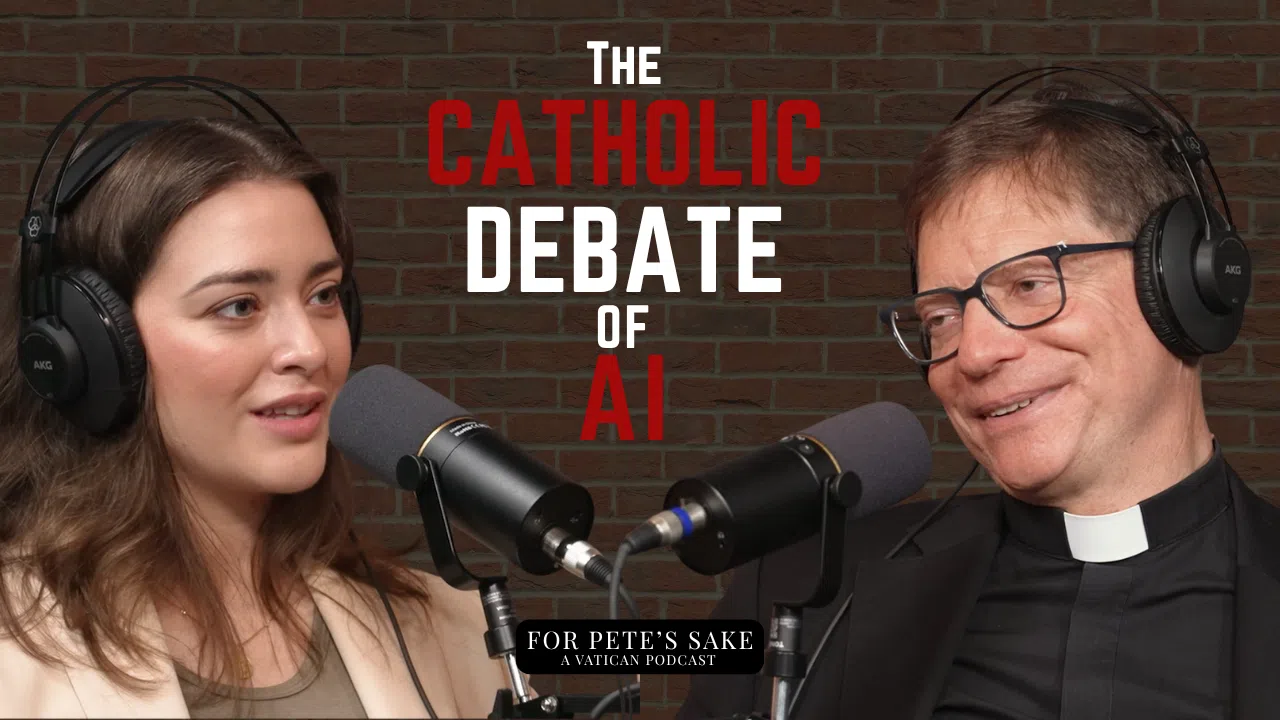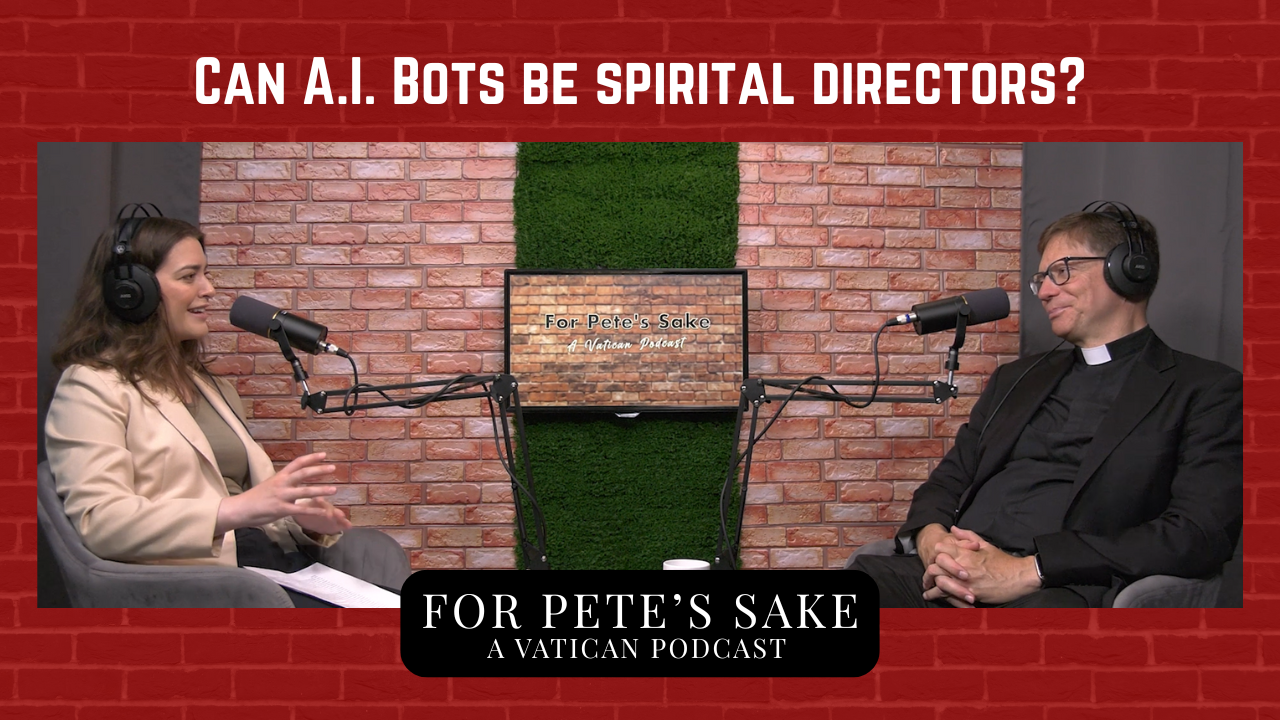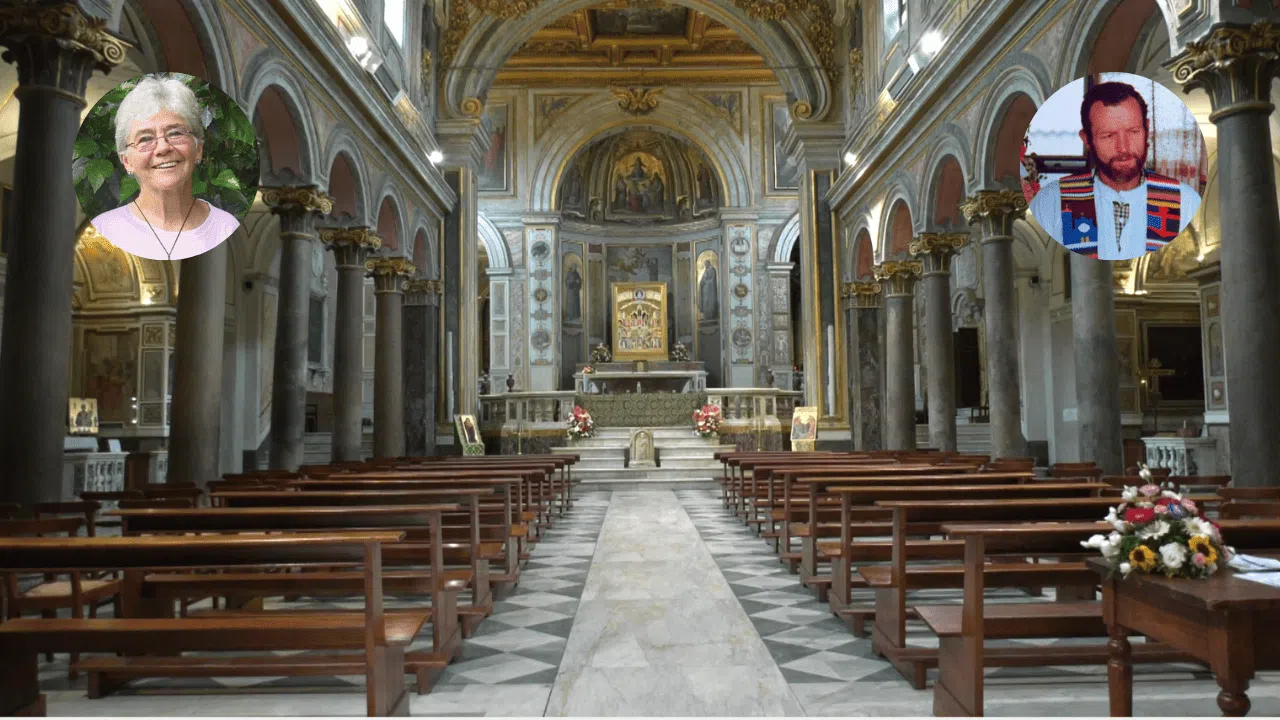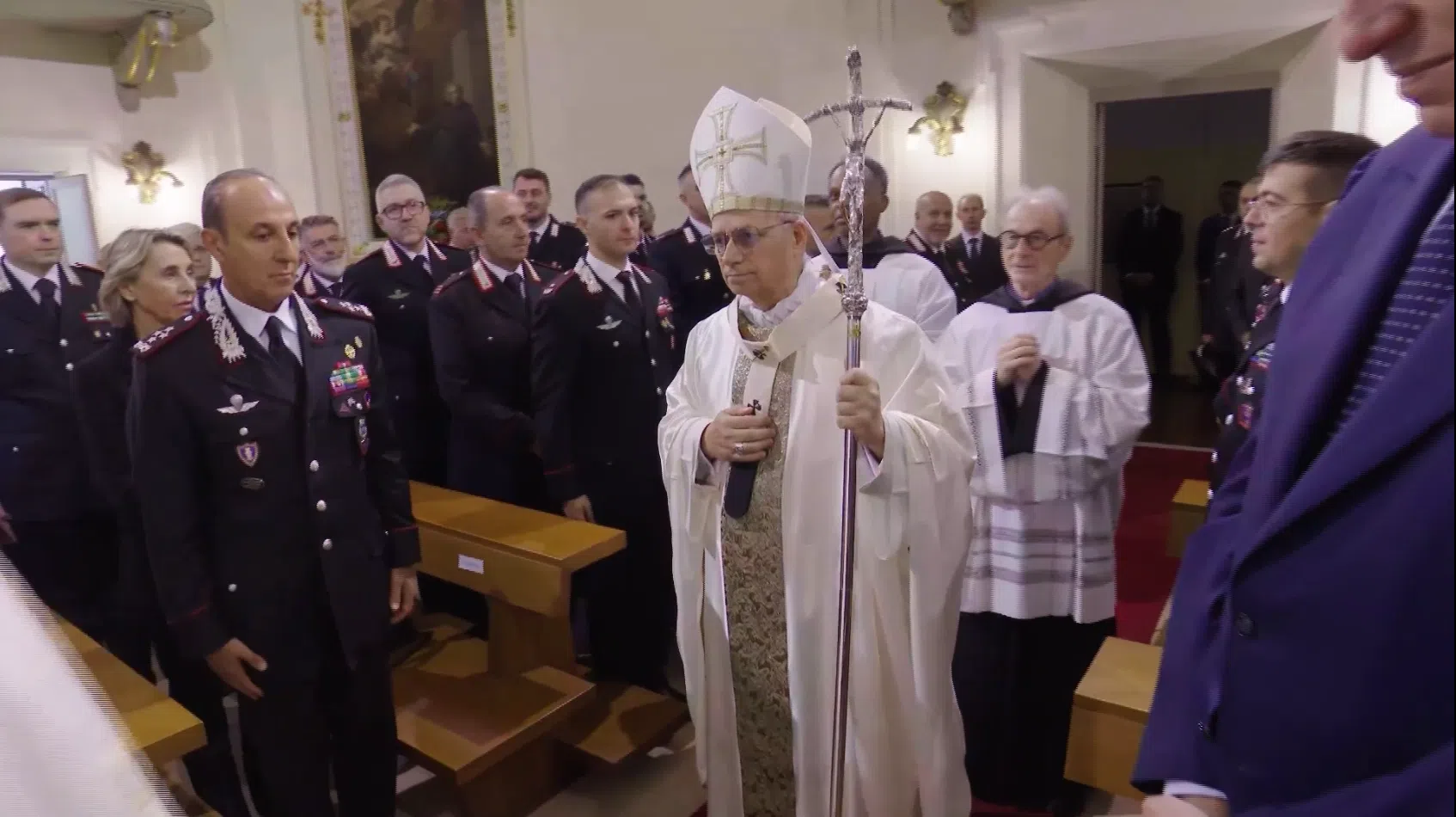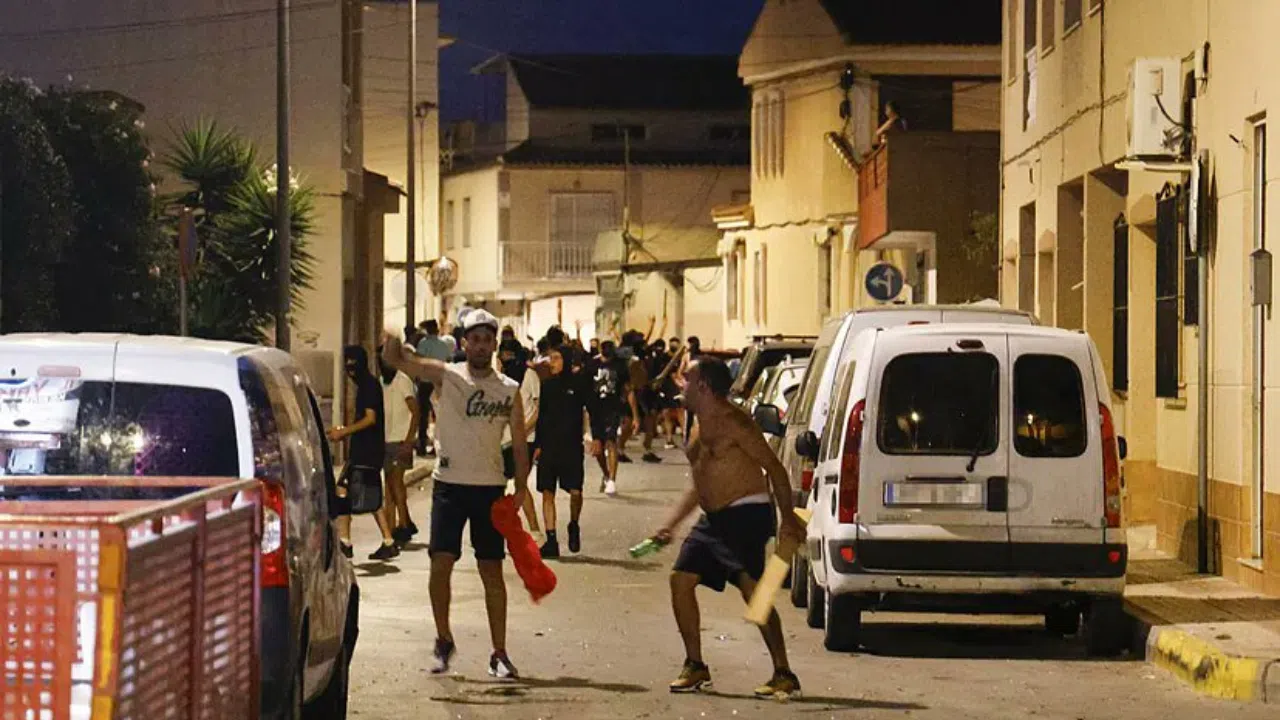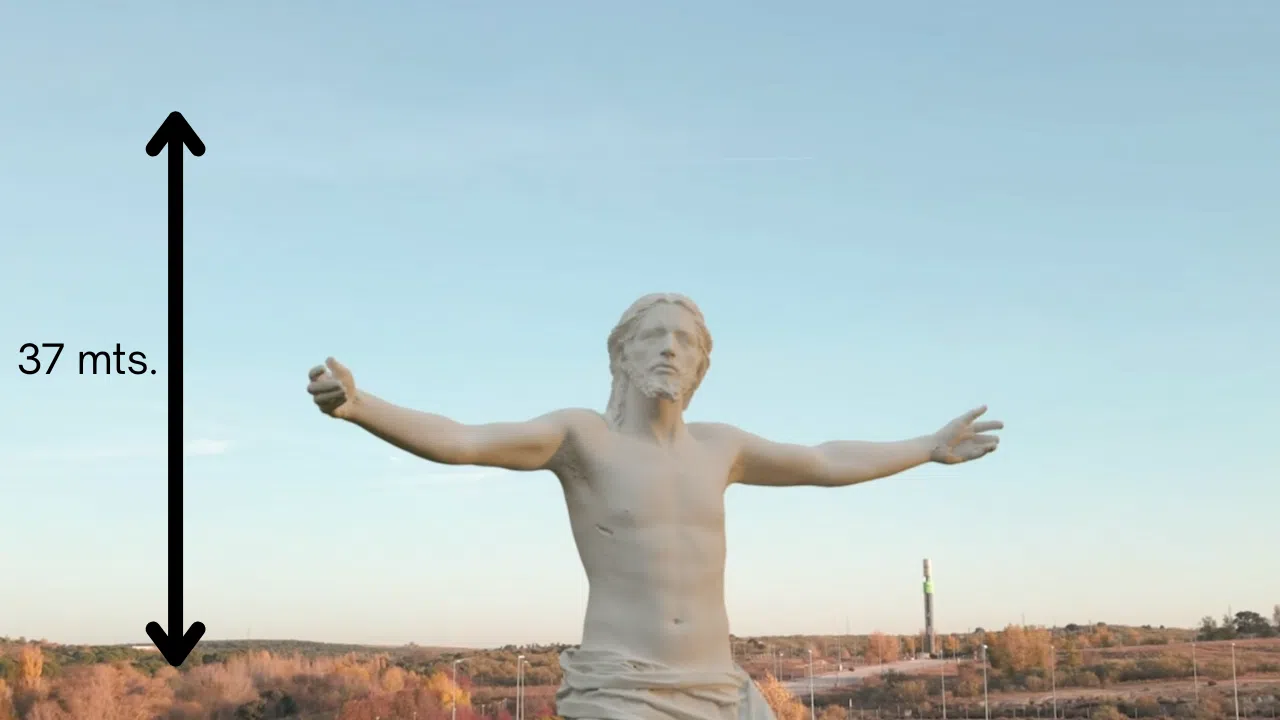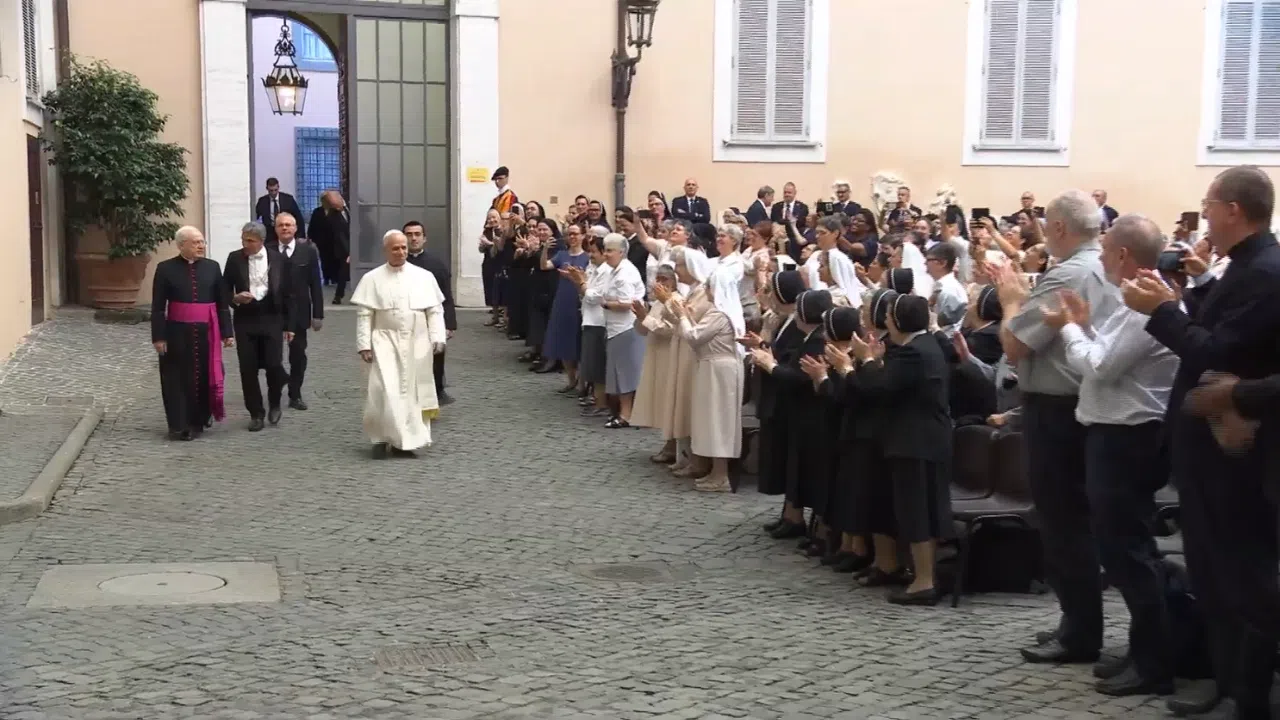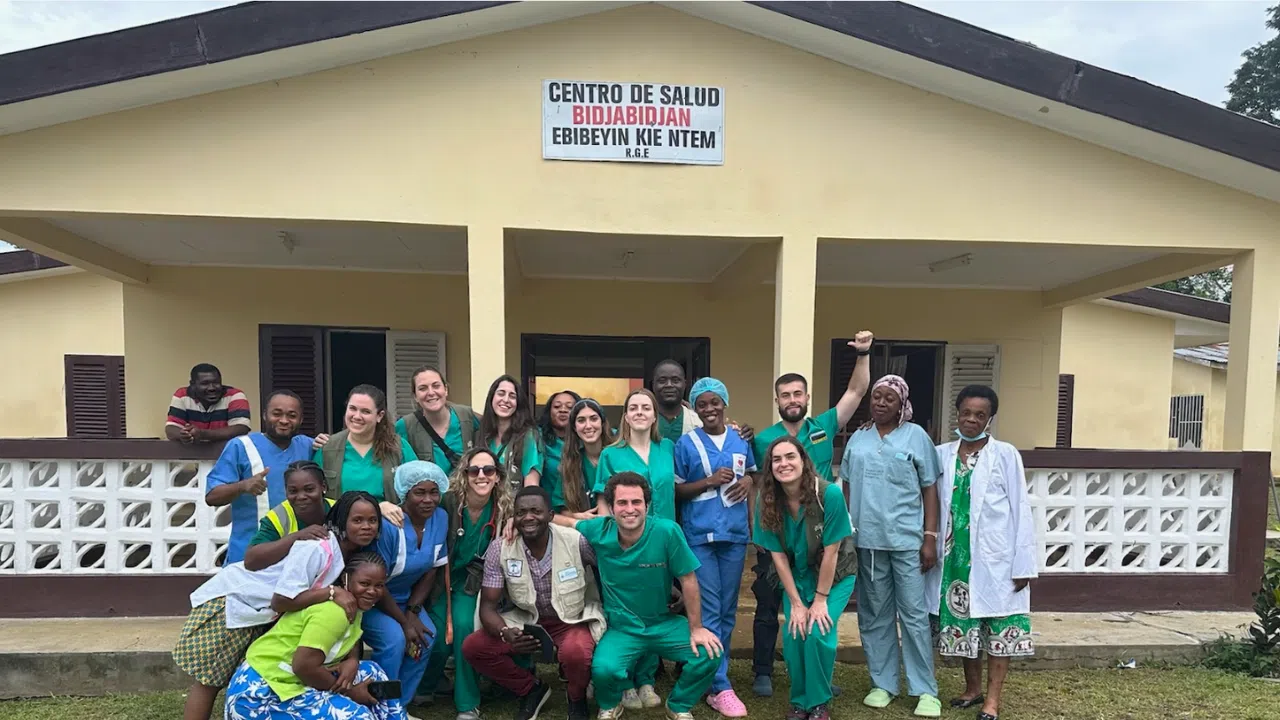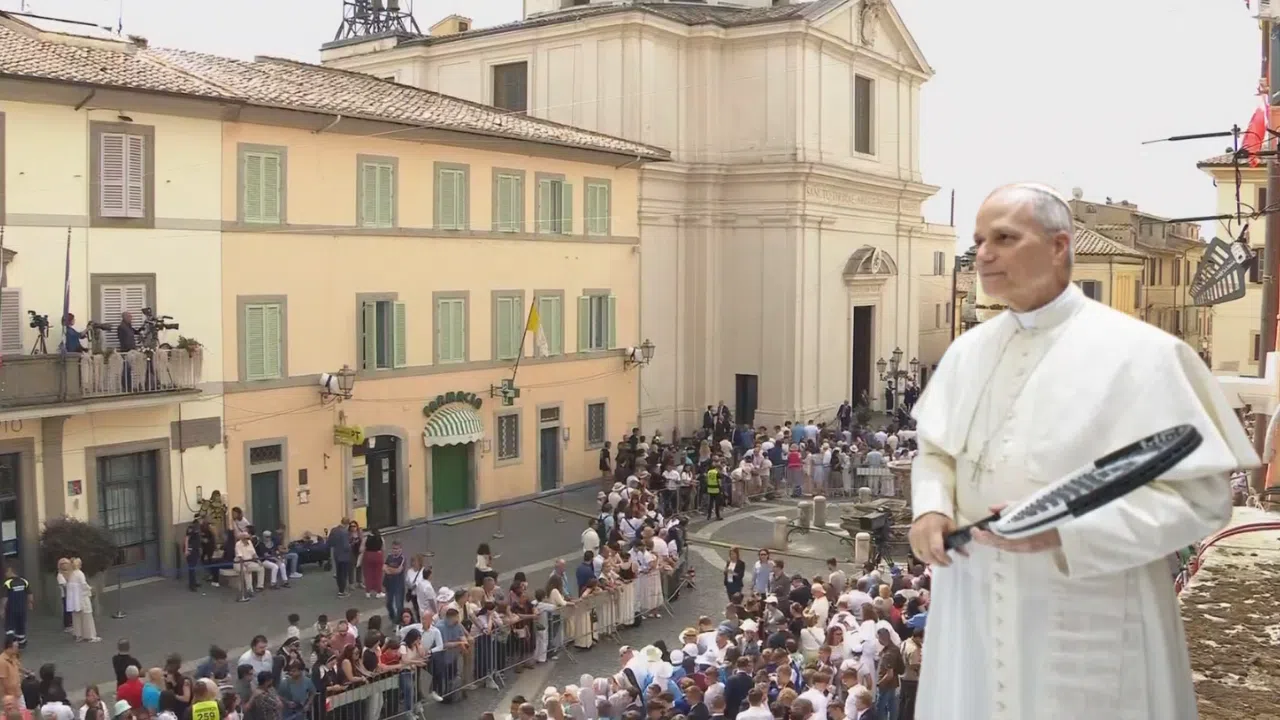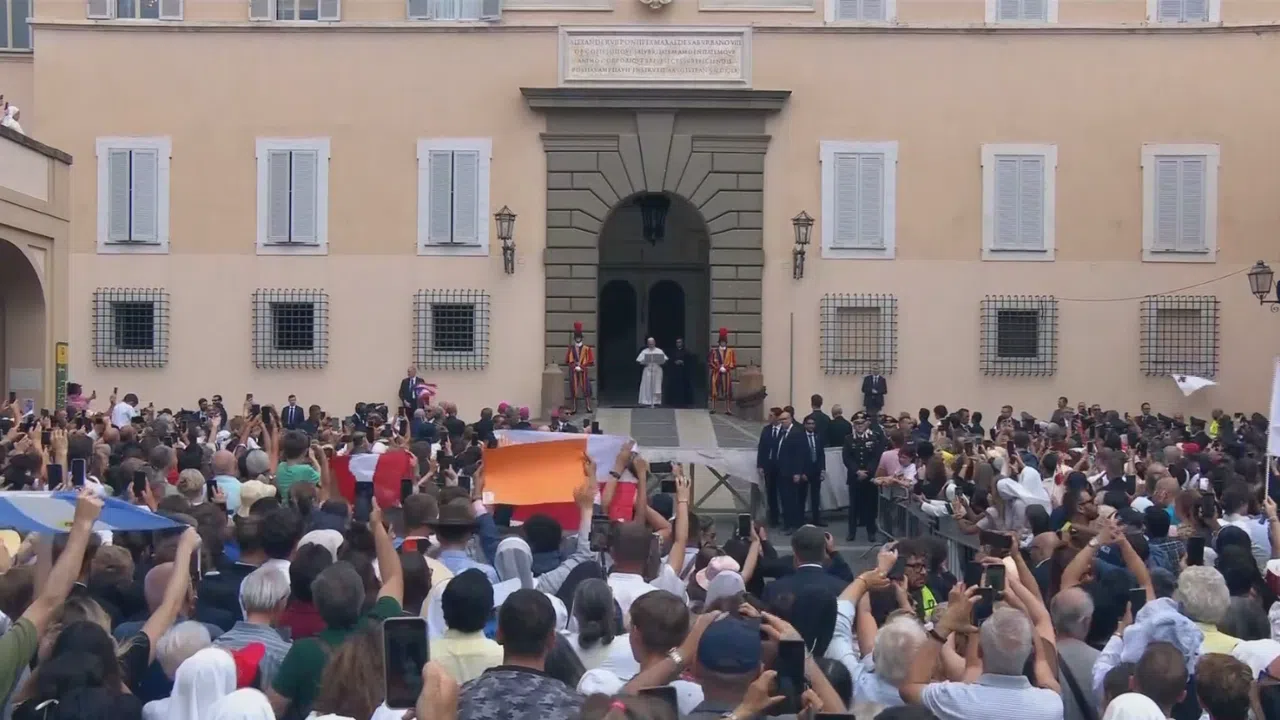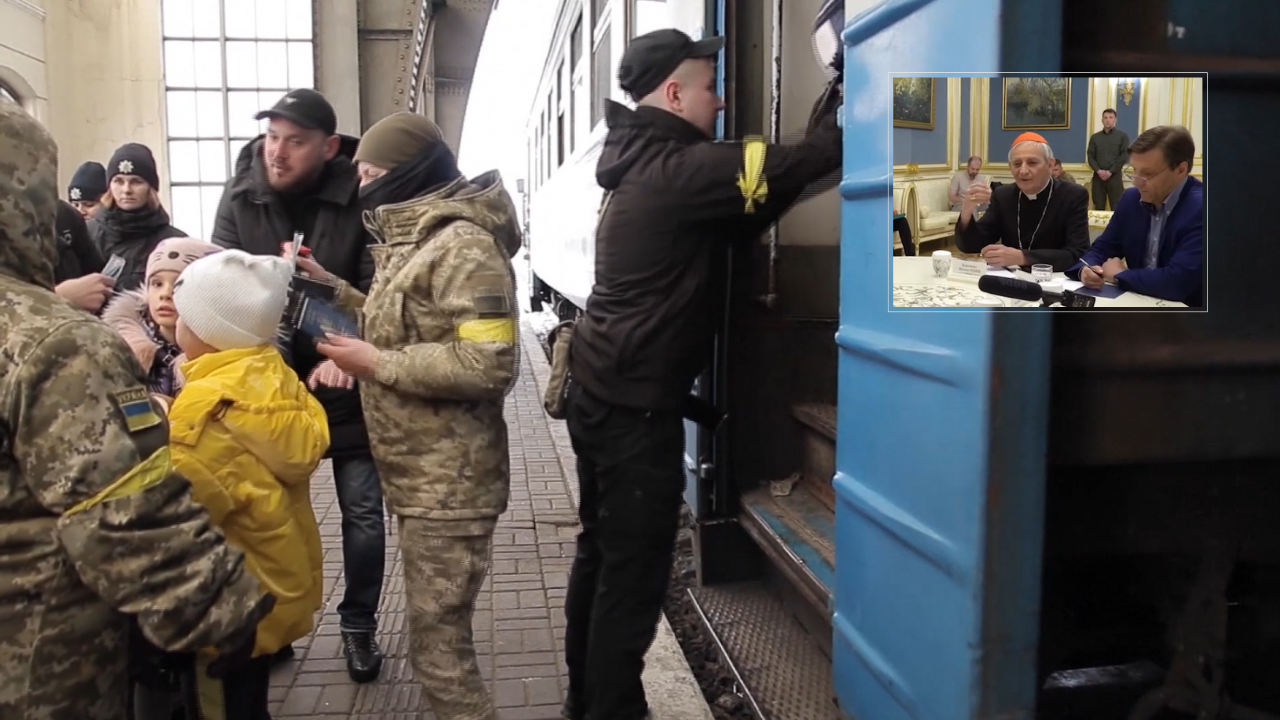'They shall build up the ancient ruinsâ?¦ they shall repair the ruined citiesâ? (Is 61:4). In this place, dear brothers and sisters, we can say that the words of the Prophet Isaiah have come to pass. After the terrible devastation of the earthquake, we gather today to give thanks to God for all that has been rebuilt.
Yet we might also wonder: what is the Lord asking us to build today in our lives, and even more importantly, upon what is he calling us to build our lives? In seeking an answer to this question, I would like to suggest three stable foundations upon which we can tirelessly build and rebuild the Christian life.
The first foundation is memory. One grace we can implore is that of being able to remember: to recall what the Lord has done in and for us, and to remind ourselves that, as todayâ??s Gospel says, he has not forgotten us but 'rememberedâ? us (Lk 1:72). God has chosen us, loved us, called us and forgiven us. Great things have happened in our personal love story with him, and these must be treasured in our minds and hearts. Yet there is another memory we need to preserve: it is the memory of a people. Peoples, like individuals, have a memory. Your own peopleâ??s memory is ancient and precious. Your voices echo those of past sages and saints; your words evoke those who created your alphabet in order to proclaim Godâ??s word; your songs blend the afflictions and the joys of your history. As you ponder these things, you can clearly recognize Godâ??s presence. He has not abandoned you. Even in the face of tremendous adversity, we can say in the words of todayâ??s Gospel that the Lord has visited your people (cf. Lk 1:68). He has remembered your faithfulness to the Gospel, the first-fruits of your faith, and all those who testified, even at the price of their blood, that Godâ??s love is more precious than life itself (cf. Ps 63:4). It is good to recall with gratitude how the Christian faith became your peopleâ??s life breath and the heart of their historical memory.
Faith is also hope for your future and a light for lifeâ??s journey. Faith is the second foundation I would like to mention. There is always a danger that can dim the light of faith, and that is the temptation to reduce it to something from the past, something important but belonging to another age, as if the faith were a beautiful illuminated book to be kept in a museum. Once it is locked up in the archives of history, faith loses its power to transform, its living beauty, its positive openness to all. Faith, however, is born and reborn from a life-giving encounter with Jesus, from experiencing how his mercy illumines every situation in our lives. We would do well to renew this living encounter with the Lord each day. We would do well to read the word of God and in silent prayer to open our hearts to his love. We would do well to let our encounter with the Lordâ??s tenderness enkindle joy in our hearts: a joy greater than sadness, a joy that even withstands pain and in turn becomes peace. All of this renews our life, makes us free and open to surprises, ready and available for the Lord and for others.
It can happen too that Jesus calls us to follow him more closely, to give our lives to him and to our brothers and sisters. When he calls â?? and I say this especially to you young people â?? do not be afraid; tell him 'Yes!â? He knows us, he really loves us, and he wants to free our hearts from the burden of fear and pride. By making room for him, we become capable of radiating his love. Thus you will be able to carry on your great history of evangelization. This is something the Church and the world need in these troubled times, which are also a time of mercy.
The third foundation, after memory and faith, is merciful love: on this rock, the rock of the love we receive from God and offer to our neighbour, the life of a disciple of Jesus is based. In the exercise of charity, the Churchâ??s face is rejuvenated and made beautiful. Concrete love is the Christianâ??s visiting card; any other way of presenting ourselves could be misleading and even unhelpful, for it is by our love for one another that everyone will know that we are his disciples (cf. Jn 13:35). We are called above all to build and rebuild paths of communion, tirelessly creating bridges of unity and working to overcome our divisions. May believers always set an example, cooperating with one another in mutual respect and a spirit of dialogue, knowing that 'the only rivalry possible among the Lordâ??s disciples is to see who can offer the greater love!â? (John Paul II, Homily, 27 September 2001: Insegnamenti XXIV/2 [2001], 478).
In todayâ??s first reading, the prophet Isaiah reminds us that the Spirit of the Lord is always with those who carry glad tidings to the poor, who bind up the brokenhearted and console the afflicted (cf. 61:1-2). God dwells in the hearts of those who love him. God dwells wherever there is love, shown especially by courageous and compassionate care for the weak and the poor. How much we need this! We need Christians who do not allow themselves to be overcome by weariness or discouraged by adversity, but instead are available, open and ready to serve. We need men and women of good will, who help their brothers and sisters in need, with actions and not merely words. We need societies of greater justice, where each individual can lead a dignified life and, above all, be fairly remunerated for his or her work.
All the same, we might ask ourselves: how can we become merciful, with all the faults and failings that we see within ourselves and all about us? I would like to appeal to one concrete example, a great herald of divine mercy, one to whom I wished to draw greater attention by making him a Doctor of the Universal Church: Saint Gregory of Narek, word and voice of Armenia. It is hard to find his equal in the ability to plumb the depths of misery lodged in the human heart. Yet he always balanced human weakness with Godâ??s mercy, lifting up a heartfelt and tearful prayer of trust in the Lord who is 'giver of gifts, root of goodnessâ?¦ voice of consolation, news of comfort, joyful impulseâ?¦ unparalleled compassion, inexhaustible mercyâ?¦ the kiss of salvationâ? (Book of Lamentations, 3, 1). He was certain that 'the light of Godâ??s mercy is never clouded by the shadow of indignationâ? (ibid., 16, 1). Gregory of Narek is a master of life, for he teaches us that the most important thing is to recognize that we are in need of mercy. Despite our own failings and the injuries done to us, we must not become self-centred but open our hearts in sincerity and trust to the Lord, to 'the God who is ever near, loving and goodâ? [ibid., 17, 2), 'filled with love for mankind â?¦ a fire consuming the chaff of sin (ibid., 16, 2).
In the words of Saint Gregory, I would like now to invoke Godâ??s mercy and his gift of unfailing love: Holy Spirit, 'powerful protector, intercessor and peace-maker, we lift up our prayers to youâ?¦ Grant us the grace to support one another in charity and good worksâ?¦ Spirit of sweetness, compassion, loving kindness and mercyâ?¦ You who are mercy itselfâ?¦ Have mercy on us, Lord our God, in accordance with your great mercyâ? (Hymn of Pentecost).
